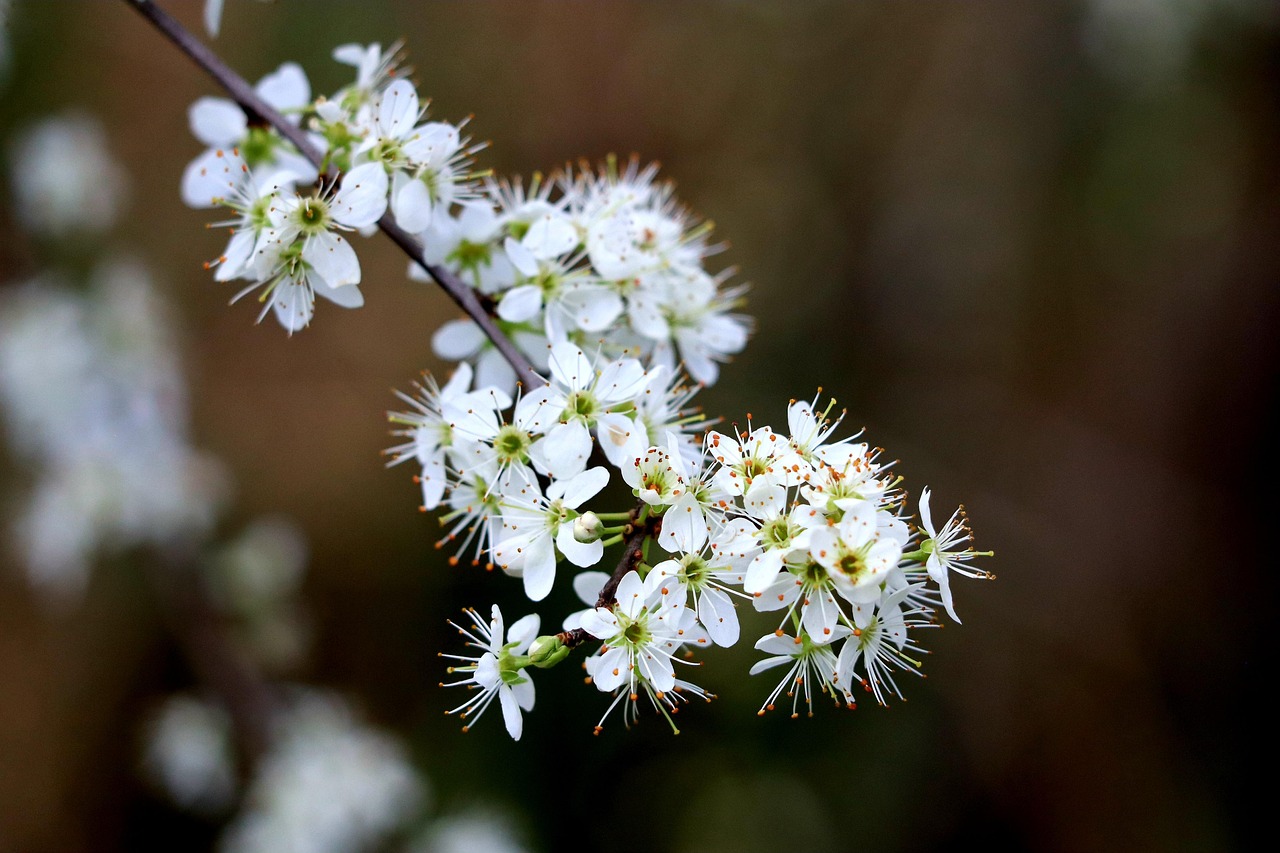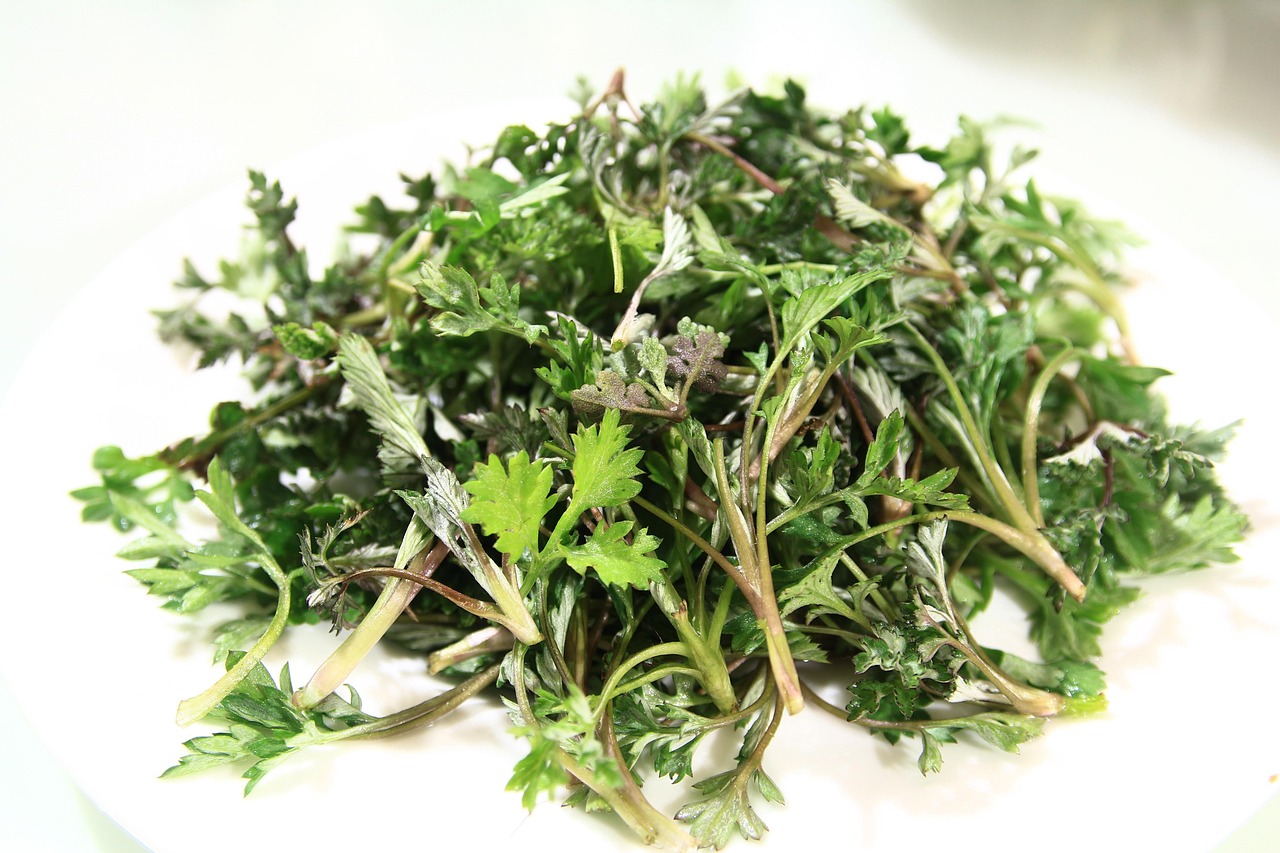Natural medicine against cancer: How to strengthen your self-healing powers!
Discover how naturopathy supports the self-healing powers of cancer. Learn more about nutrition, herbal medicine and psychosocial aspects.

Natural medicine against cancer: How to strengthen your self-healing powers!
When it comes to coping with cancer, many people look for ways beyond conventional therapies. Naturopathy offers a holistic approach that views the body not just as the sum of its symptoms, but as a complex system that is able to regenerate itself. It focuses on strengthening the inner healing powers to support the organism in the fight against illness. The focus is not only on physical aspects, but also on emotional and spiritual levels, which play a central role in well-being. This article highlights how natural methods and principles can help promote self-healing for cancer. He shows that healing is often a combination of conscious living, targeted support and trust in one's own resources.
Naturopathy and its principles

Imagine standing barefoot in a meadow, feeling the cool earth beneath your feet, breathing deeply in the fresh air and letting the first rays of sunshine of the morning warm your skin. These simple, natural stimuli are more than just soothing – they are the core of what naturopathy has been about for centuries. The term was first coined by Johann Baptist Gross in 1839, and later, in 1848, by Lorenz Gleich, it was established as a collective term for various approaches. Then as now, it's about using the elements of nature - be it water, light, heat or plants - to awaken the body's inherent healing powers. These methods, previously known as physiatry, largely avoid synthetic drugs and instead rely on dietary and physical means to support the organism's ability to regenerate.
The focus is on a holistic view of people. Body, mind and soul are not viewed separately, but as a unit that must function in harmony to promote health. Psychosomatic connections play just as important a role as physical factors. When stress or negative thoughts disrupt the inner balance, they can weaken the immune system - an aspect that modern neurobiology is increasingly confirming. Conversely, positive confidence in one's own abilities can stimulate healing processes. The body has an amazing intelligence: When an injury occurs, it immediately sends white blood cells to the affected area, and even in the case of complex challenges such as cancer, it can be supported with gentle stimulation to activate its natural mechanisms.
Historically, naturopathy was closely linked to the life reform movement around 1900, especially among the bourgeoisie, where personalities such as Vinzenz Prießnitz and Johann Schroth caused a stir with their approaches to hydrotherapy and fasting cures. Today it is firmly anchored in Germany among around 14,000 doctors who are organized in specialist societies. University institutions such as the Charité or the University of Duisburg-Essen conduct intensive research into the scientific foundations, which have become increasingly solid in recent decades. Take a look at the comprehensive information below Wikipedia on naturopathy to delve deeper into historical and current developments. This integration into conventional medicine, often referred to as integrative medicine, shows how much the view of natural healing methods has changed.
A central idea of naturopathy is that every person has the ability to heal themselves. These forces are active not only for minor ailments such as a cut on the finger, but also for serious illnesses such as cancer. While conventional medicine often works with invasive procedures, naturopathy relies on gentle impulses. Exercise, rest, a balanced diet or consciously dealing with thoughts and feelings can help restore inner balance. Studies show that even placebo effects – that is, belief in a cure – can produce measurable positive results, underscoring the immense power of the mind. You can find out more about this at Medlexi about self-healing powers, where the neurobiological background is explained in detail.
Lifestyle habits play a crucial role here. Anyone who constantly overworks themselves, eats poorly or suffers from chronic stress risks undermining their own regenerative abilities. Naturopathic approaches therefore aim to minimize such stress and instead incorporate supporting elements. A walk in the sun, breathing exercises or the targeted use of medicinal plants can be small but effective steps to strengthen the body in its work. Especially in a disease like cancer, where the immune system is often weakened, these natural stimuli can make a valuable contribution to restoring balance and promoting healing from within.
The role of diet in cancer

A colorful plate full of fresh vegetables, the smell of herbs wafting in the kitchen and the feeling of doing something good for yourself with every bite - food can be much more than just nourishment. Especially in times when the body reaches its limits due to cancer or its treatment, the importance of a balanced, natural diet to strengthen the immune system and promote healing processes becomes particularly clear. Food not only provides energy, but also the building blocks that the organism needs to regenerate and build up defenses. But a cancer diagnosis or the side effects of therapies such as chemotherapy can dull appetite and make it difficult to absorb nutrients.
The challenge is often to absorb enough energy and vital substances despite loss of appetite or intolerances. During the treatment and in the recovery phase afterwards, it is essential not to put additional strain on the body, but rather to support it with high-quality foods. Small portions that are enjoyed without pressure can be more helpful than large meals that seem overwhelming. Family members play an important role in showing patience and appreciating small progress rather than building expectations that cause additional stress. Taking a walk before eating or eating a meal outside of the hospital setting can also naturally stimulate your appetite.
The quality of food is paramount when it comes to strengthening the immune system. Fresh, unprocessed foods rich in vitamins, minerals and antioxidants can help protect cells and reduce inflammation in the body. At the same time, experts warn against uncritically taking dietary supplements or high-dose vitamins, as their effect on cancer cells has not been fully researched. Potentially harmful substances such as acrylamide, which is produced when starchy foods are prepared at high temperatures, or carcinogenic substances in grilled meat should also be avoided. Practical tips for healthy preparation can be found here German Cancer Society, which offers valuable information on nutrition for cancer.
Another aspect is the avoidance of malnutrition, which often occurs in cancer patients due to tumor cachexia - the breakdown of fat and muscle mass. Qualified nutritional advice can be crucial here in order to recognize individual needs and to support the body in a targeted manner. A food diary often helps to identify intolerances and adjust the menu accordingly. In some cases, when oral food intake is not sufficient, artificial nutrition is used, but should be supplemented with natural meals as soon as possible. Patience is a key word here because after treatment it can take a long time to regain lost weight without taking on new health risks by overeating.
In addition to providing nutrients, a conscious diet also contributes to mental health. Eating and drinking are not just physical necessities, but are often associated with positive memories and social moments. This emotional component should not be underestimated, especially when the body is weakened. A balanced diet tailored to your individual condition can also help reduce the risk of other illnesses. The provides detailed information and support German cancer aid, which provides valuable resources to those affected and their families. Exercise, even in small amounts, complements the diet by stimulating metabolism and increasing well-being, even if the motivation to do so may be lacking at first.
Herbal medicine and its application

Hidden in the depths of old forests and sunny meadows is a pharmacy that has been used for thousands of years - the world of medicinal herbs. Our ancestors already knew about the power of plants, which can not only soothe wounds but also support the body in its fight against serious illnesses such as cancer. These natural helpers play an important role in naturopathy, especially when it comes to strengthening the immune system and reducing the side effects of conventional therapies such as chemotherapy or radiation therapy. However, their use requires care and often the supervision of professionals in order to exclude interactions with other treatments.
One of the most well-known plants in this context is bright yellow and can be found in many kitchens: turmeric. The active ingredient curcumin it contains is valued for its anti-inflammatory and antioxidant properties. Studies suggest that curcumin may inhibit the growth of certain cancer cells by reducing inflammatory processes in the body. It is often mixed into food as a powder or made into a tea, ideally in combination with black pepper to improve absorption. However, the dosage should be chosen carefully, as high amounts can lead to stomach problems.
Mistletoe, which has a long tradition in integrative oncology, is equally promising. Mistletoe preparations, often given as injections, are intended to stimulate the immune system and improve the quality of life of cancer patients by relieving fatigue and other side effects of standard therapies. Their effect is based on the stimulation of immune cells that can fight tumor cells. Since the application requires specific knowledge, support from an experienced therapist is essential to avoid risks such as allergic reactions.
Another treasure of nature is revealed in the leaves of green tea. Rich in polyphenols, especially epigallocatechin gallate (EGCG), it is said to have a protective effect on cells. These substances could help reduce oxidative damage, which is often linked to the development and progression of cancer. Green tea is easy to integrate into everyday life, be it as a hot drink or in the form of extracts, although care should be taken to consume a moderate amount to avoid side effects such as sleep disorders caused by caffeine.
Ginger root cannot be left out of this list, known for its ability to relieve nausea - a common side effect of chemotherapy. Thanks to its warming and anti-inflammatory properties, it can also promote digestion and increase general well-being. Whether brewed as a fresh root in teas, grated in food or taken as a capsule, ginger offers versatile support. However, caution is advised in patients with a sensitive stomach or blood clotting disorders, as ginger can affect blood clotting.
The use of such medicinal herbs should always be in accordance with the individual situation and in consultation with the treating oncologist, as cancer therapies such as chemotherapy or targeted approaches are very specifically tailored to the patient. Further information on complementary approaches in cancer therapy can be found at German Cancer Society, which provides an overview of complementary methods to conventional medicine. Medicinal herbs are not a replacement for conventional treatments, but rather a valuable supplement that can gently support the body when used correctly.
Psychosocial aspects of healing

Take a moment, close your eyes and breathe deeply - feel your shoulders relax and a sense of calm flow through your mind. In naturopathy, this moment of inner contemplation is seen as an essential part of healing, especially for cancer patients, whose mental balance is often severely tested by the diagnosis and treatment. Mental health, the ability to manage stress and emotional support form a foundation that not only complements the body's self-healing powers, but actively strengthens them. A balanced mind can support the physical healing process by relieving the burden on the immune system and promoting resilience.
A cancer diagnosis often brings with it fears, insecurities and long-term stress, which put a significant strain on one's mental well-being. Such psychological stress not only affects the quality of life, but can also influence physical processes, for example through an increased risk of inflammation or a weakening of the immune system. Naturopathic approaches therefore place great emphasis on reducing these burdens. Methods such as mindfulness training or targeted breathing exercises - considered effective by experts if practiced for just twelve minutes a day - help to regain inner balance and clear the mind of stressful thoughts.
Emotional support through social contacts also plays a central role. Talking to family, friends or support groups can break the feeling of isolation that many sufferers feel. Naturopathy emphasizes the importance of connecting with others and maintaining positive relationships, as loneliness can significantly impact mental health. It is also recommended to incorporate small acts of kindness or volunteer work into everyday life to create a sense of meaning and belonging, which in turn promotes emotional stability.
Managing stress goes hand in hand with physical activity and adequate sleep, both aspects that are considered indispensable in naturopathy. Light exercise, like a walk in nature, can not only strengthen the body, but also clear the mind and reduce negative feelings. Sleep, ideally seven to nine hours per night, allows the organism to regenerate and reduce stress hormones. Naturopathic practices such as meditation or consciously focusing on the present moment – often referred to as mindfulness – help to alleviate inner restlessness and promote a positive mood.
The connection between mind and body is viewed as inseparable in naturopathy. Negative thoughts or persistent fears can delay healing processes, while an optimistic attitude and confidence in one's own strengths can stimulate these processes. For further insights into the importance of mental health and practical tips for strengthening mental well-being, it's worth taking a look at the resources from ZDFheute, which provide comprehensive information on this topic. Cancer patients particularly benefit from approaches that help them process stressful emotions and create space for hope and confidence.
Naturopathy encourages finding individual ways to promote mental health, be it through creative activities, learning new skills or simply through conscious periods of rest. Such practices not only help to reduce stress levels, but also to maintain joy in life despite the illness. Especially in challenging times, consciously caring for your own well-being can make a crucial difference in supporting the body in its quest for healing.
Sources
- https://de.m.wikipedia.org/wiki/Naturheilkunde
- https://medlexi.de/Selbstheilungskr%C3%A4fte
- https://www.krebshilfe.de/informieren/ueber-krebs/mit-krebs-leben/ernaehrung-bei-krebs/
- https://www.krebsgesellschaft.de/basis-informationen-krebs-bewusst-leben-ernaehrung.html
- https://www.krebsgesellschaft.de/basis-informationen-krebs/therapieformen.html
- https://www.pflege.de/krankheiten/krebs/therapie/
- https://www.zdfheute.de/ratgeber/gesundheit/gesundheit-mental-psychologie-100.html
- https://www.smhl-hh.org/wissen/mentale-gesundheit-was-bedeutet-das

 Suche
Suche
 Mein Konto
Mein Konto
